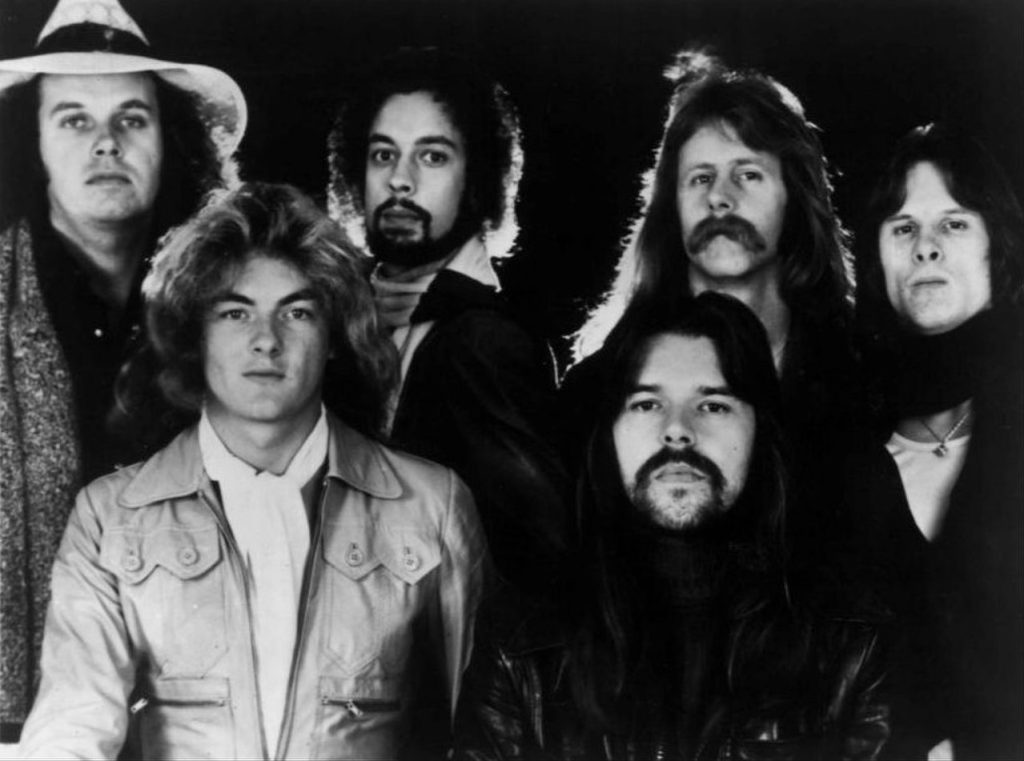
A Song for the Weary Traveler: Bob Seger & The Silver Bullet Band’s “Against the Wind”
In the vast library of American rock and roll, there exists a treasure trove of songs that have become anthems for the weary traveler, the seasoned soul who has braved the storms of life and emerged stronger, wiser, and more weathered. Among these timeless classics stands Bob Seger & The Silver Bullet Band’s “Against the Wind,” a poignant ballad that has resonated with generations of listeners since its release in 1980.
From the opening notes of the song’s melancholic piano melody, a sense of wistful nostalgia washes over the listener, transporting them to a realm of cherished memories and hard-earned wisdom. Seger’s voice, imbued with the weariness and world-weariness of a life well-lived, weaves a tapestry of lyrics that capture the essence of resilience and the bittersweet beauty of time’s passage.
The song’s narrative unfolds as a retrospective, a journey through the trials and triumphs of life’s winding road. Seger paints vivid vignettes of youthful passion, reckless abandon, and the inevitable heartbreak that comes with chasing dreams and navigating the complexities of human relationships.
“Seems like yesterday, but it was long ago,” Seger sings, his voice laced with a hint of longing, as he reminisces about a lost love, a time when life seemed boundless and possibilities endless. The line “Janey was lovely, she was the queen of my nights” evokes a portrait of youthful adoration, a time when love felt invincible and dreams seemed within reach.
As the song progresses, the narrative takes a somber turn, acknowledging the passage of time and the inevitable erosion of youthful illusions. “The years rolled slowly past, and I found myself alone,” Seger laments, his voice heavy with regret and a touch of self-pity. The line “Surrounded by strangers I thought were my friends” cuts deep, capturing the disillusionment that often comes with aging and the realization that not all connections are meant to endure.
Yet, amidst the melancholic reflections, there emerges a glimmer of hope, a testament to the indomitable human spirit. “I guess I lost my way,” Seger admits, but he quickly follows with a declaration of resolve: “I found myself searching, searching for shelter again and again.” This line speaks to the resilience of the human spirit, our innate capacity to seek solace and renewal even in the face of adversity.
The chorus of the song, “Against the wind, we were runnin’ against the wind,” serves as a powerful refrain, capturing the essence of the human struggle against the forces of time, circumstance, and fate. It is a testament to the indomitable spirit that drives us forward, even when the odds are stacked against us.
“I’m still runnin’ against the wind,” Seger sings defiantly, his voice echoing with determination. This line encapsulates the song’s central message: that life is a journey of constant struggle and self-discovery, and that true strength lies not in conquering the wind but in finding the courage to keep running against it.
“Against the Wind” is more than just a song; it is an anthem for the weary traveler, a beacon of hope for those who have faced the storms of life and emerged battered but unbowed. It is a reminder that even in the face of adversity, we possess the strength to keep moving forward, to keep searching for shelter, and to keep running against the wind.